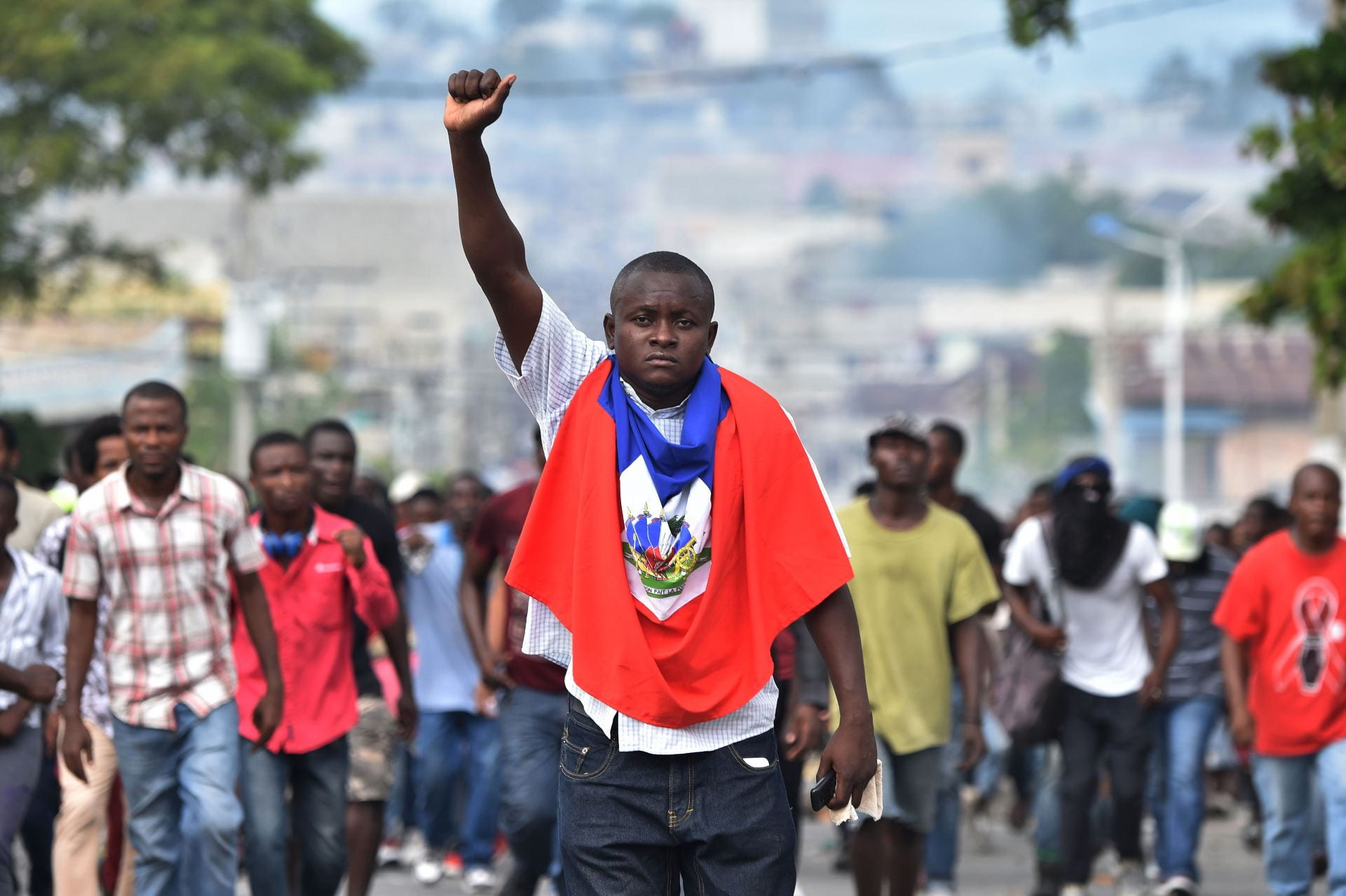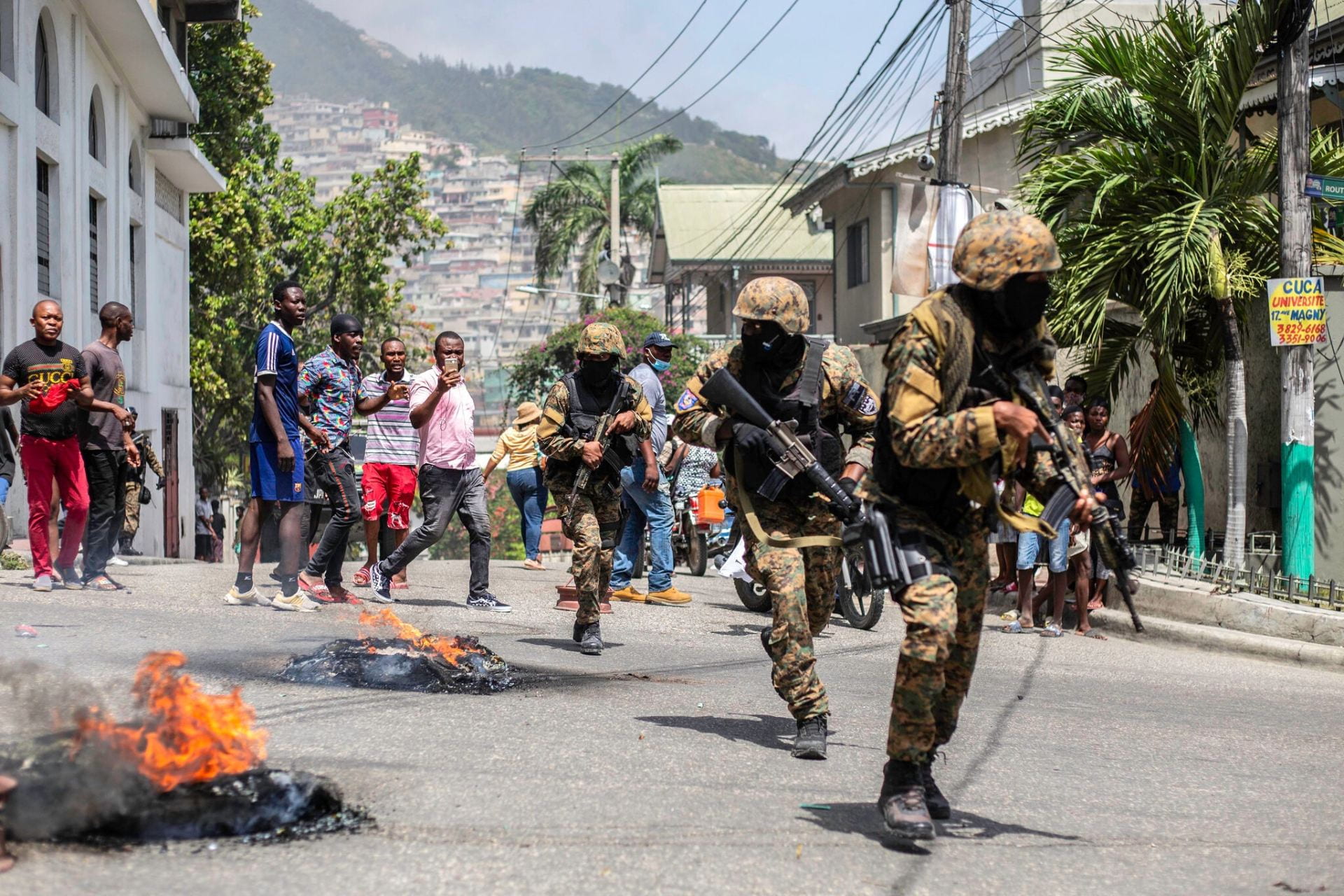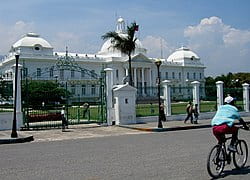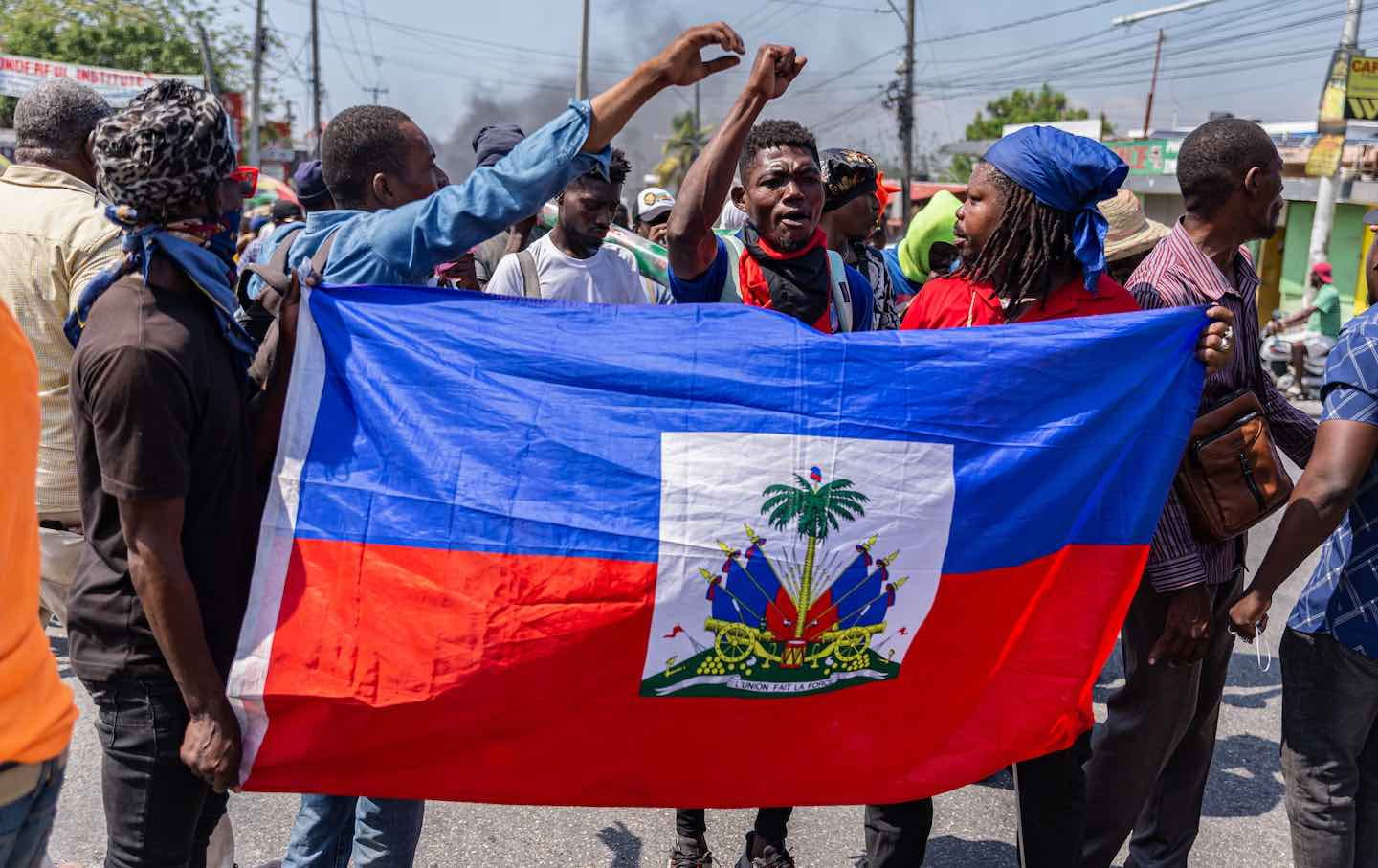
After claiming over 20,000 lives, the civil war in Sudan rages on due to the deadlock position of the opposing sides. The conflict began in April of 2023 and is now coming up on two years of fighting, displacement, and destruction in the region. Nearly 8.2 million civilians have been displaced, and about 46,700 people were forced to leave within the span of a week, October 20-27. As families seek safety in other locations, some face challenges such as hunger, violence, and lack of medical aid. Those who remain face severe threats, including potential sexual assault and fear for their life. The situation grows more precarious as the Sudanese Armed Forces (SAF), led by General Abdel Fattah al-Burhan, and the Rapid Support Forces (RSF), a paramilitary group led by General Mohamed Hamdan Dagalo, commonly known as “Hemedti” remain resistant to negotiations. Waiting for ceasefire operations to take place is not a realistic option. Sudanese people need protection now. International humanitarian law requires governments to take on the responsibility of protecting their citizens. It is time to respond to the humanitarian crisis occurring in Sudan.
Political Context Behind the Civil War
The tendrils of political unrest had been growing in Sudan for many years, but the catalyst event for the war took place in April of 2019 when the military coup deposed the president of 30 years. President Omar al-Bashir was arrested and forced from power in a military coup led by SAF and RSF forces after decades of government power. It began with protests spreading across the country demanding his removal due to his influence in the Darfur ethnic cleansing and the secession of South Sudan. The International Criminal Court has charged al-Bashir with five counts of crimes against humanity and two counts of war crimes. The corruption, mass-killing, and humanitarian issues were significant factors behind the military coup of 2019. Afterward, the SAF, RSF and civilian political leaders were faced with the question of how to integrate the RSF into the SAF, and who would assume leadership of the newly consolidated government. Negotiations to resolve the issue petered off and violence quickly became the deciding factor. These two military factions, SAF and RSF, were battling for control, which led to the current civil war taking place in Sudan.

Consequences of War
Since the coup in 2019, an unprecedented form of fighting has occurred in Sudan. During previous civil wars, the government was fighting rebel groups. In this case, RSF is a legal paramilitary force at war with SAF another military organization. As war spreads across the country, the civilian death toll rises and the lives at risk continue to climb. Civilians are still subjected to torture and summary executions, while women and girls endure widespread sexual violence. The conflict has decimated the country’s healthcare system further exacerbating the situation. More than 70 percent of health facilities are currently non-functional due to looting, occupation, or destruction. Healthcare workers are unable to provide aid to victims of the conflict because they lack resources and pay. Many basic services such as access to food, safe drinking water, and a clean and healthy environment, have been reduced. High rates of malnutrition coupled with low levels of immunization have resulted in catastrophic impacts, particularly for children. Disease outbreaks will continue to spread without proper healthcare infrastructure.
The geographic disposition of Sudan has compounded the effects of the civil war with almost 600,000 people affected by heavy rains and flooding across the country. According to the Sudan Floods Dashboard, this has resulted in an estimated 180,835 people have been displaced, 97 people have been killed, and 124,196 households have been destroyed. Flooding has intensified food insecurity, especially in areas where an estimated 230,700 people are at high risk of famine. These communities have been devastated by the recent severe weather, exacerbating an already critical situation. The civil war in Sudan has left millions suffering, large populations forced to leave, and much of Sudan cut off from humanitarian assistance.

Need for Resolution
The Sudanese Civil War has plunged the country into devasting turmoil. The two sides fighting, the Sudanese Armed Forces (SAF) and the Rapid Support Forces (RSF), have no intention to stop anytime soon. Multiple efforts toward a U.N.-brokered humanitarian cease-fire only yielded partial success. In March of this year, the UN Security Council (UNSC) passed a resolution calling for an immediate cessation of violence in Sudan, but the resolution did not succeed. Initiatives like the Emergency Response Rooms, the Sudanese American Public Affairs Association, mutual-aid networks, and other civil society organizations have been highly active on the ground, courageously working despite immense danger. However, their numbers have dwindled as Sudan’s persistent violence continues to take a toll.
Without cooperative intervention, the crisis will only continue to escalate, leading to more lives lost and the future of hope distant. As a part of the international community, we must play a more active role in mediating the conflict and supporting peace efforts in Sudan. A peaceful resolution to the Sudanese Civil War is not only essential for the stability of Sudan but is also a humanitarian imperative. The brutality of the conflict—marked by widespread torture, summary executions, and pervasive sexual violence— is a clear violation of the Universal Declaration of Human Rights. Donating to institutions like the International Rescue Committee can help support an integrated water, sanitation and hygiene (WASH) program, child protection services and support for women and girls, including services for survivors of gender-based violence (GBV), health and nutrition services provided through static health facilities, and livelihood assistance through multi-purpose cash aid to internally displaced persons and members of the communities that host them. Together we can call for an end to the civil unrest in Sudan. Raising awareness about the crisis in Sudan is essential to mobilize support and resources for those affected. Using social media to repost advocacy organizations such as the Carter Center, the Sudan Relief Fund, and Mercy Corps International Sudan is a great way to use the platform to advocate for Sudan. As members of a global community, it is our moral obligation to ensure that Sudan can rebuild and move toward a future of peace and prosperity.










